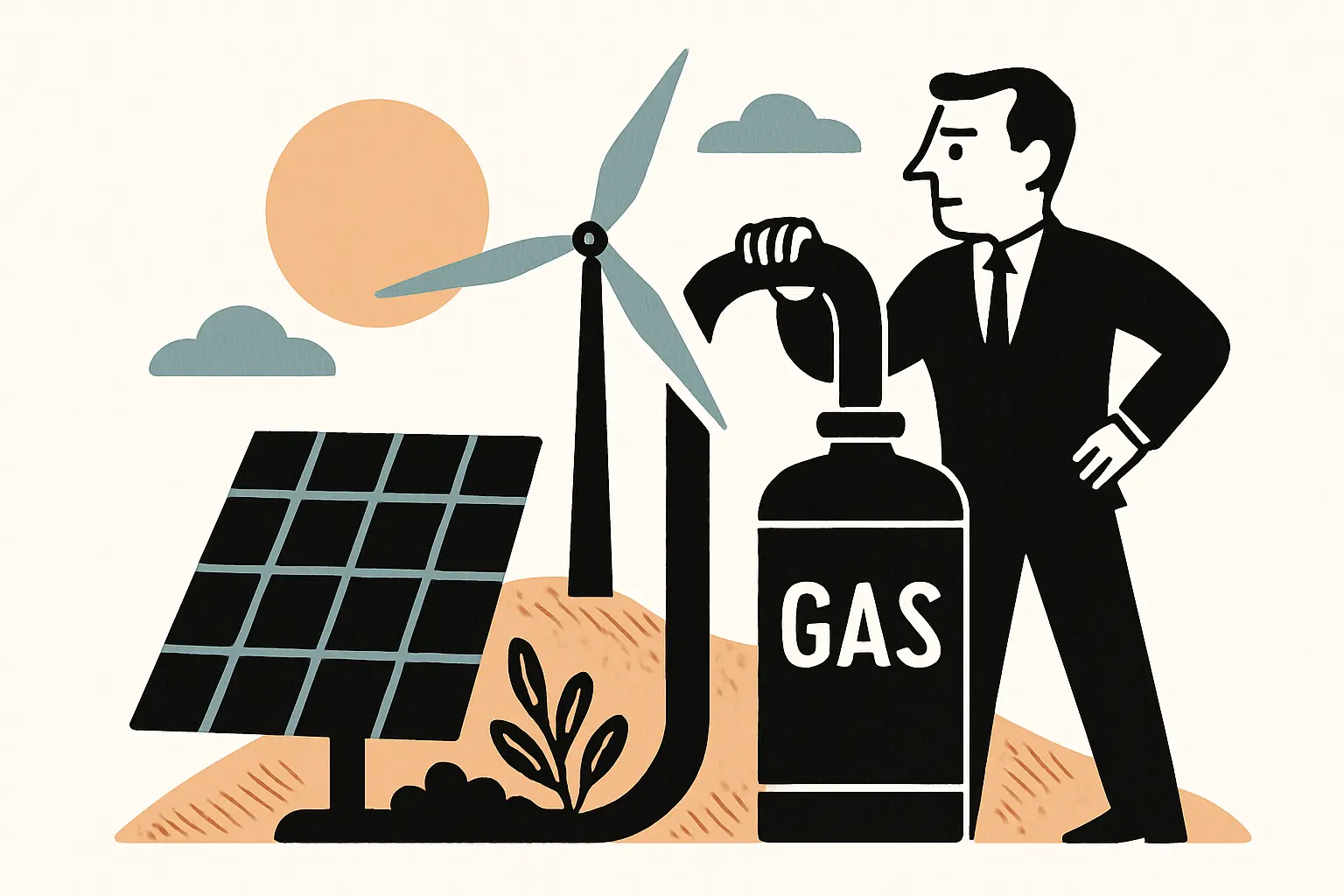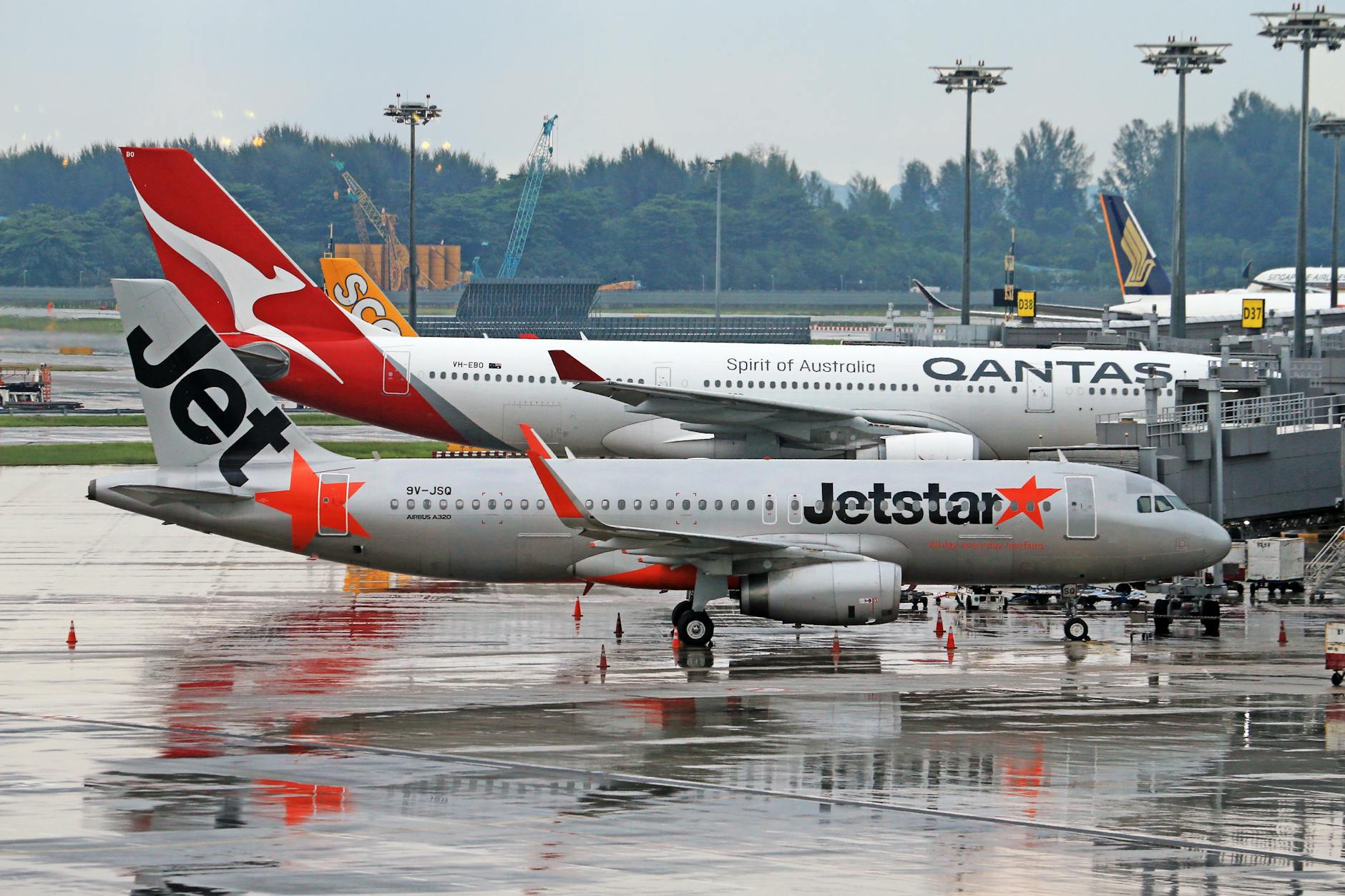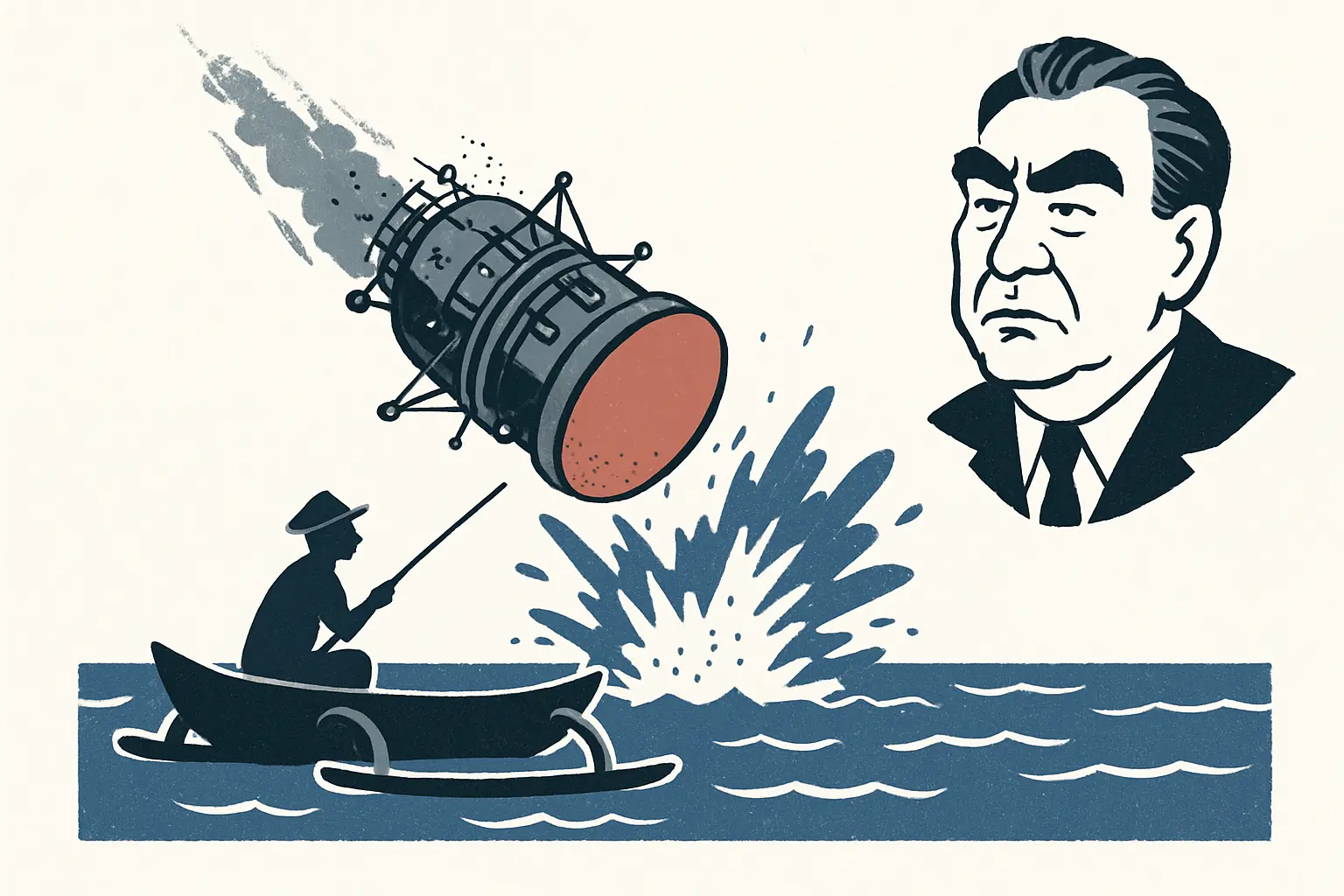Thailand is facing challenges in the regional tourism race, as neighboring countries like Vietnam and Malaysia experience growth. Despite its rich cultural heritage and natural beauty, Thailand’s tourism sector has struggled to regain its pre-pandemic momentum. Key factors contributing to this decline include political instability, aging infrastructure, and increased competition from other Southeast Asian nations.
Thailand’s tourism industry has traditionally been a significant contributor to its economy, but it now faces stiff competition from more agile and innovative competitors. The country’s tourism strategy needs to adapt to changing traveler preferences and invest in modern infrastructure to remain competitive.
Efforts to boost Thai tourism include enhancing visitor experiences through cultural and natural attractions, as well as investing in sustainable tourism practices. However, the sector’s recovery will depend on addressing the broader economic and political challenges that have deterred visitors in recent years.
Context & Background
Thailand’s tourism sector, a critical component of its economy, has faced challenges in recent years. The COVID-19 pandemic significantly impacted tourism worldwide, leading to a decline in visitor numbers. However, as global travel restrictions ease, Southeast Asia has seen a resurgence in tourism, with countries like Vietnam and Malaysia experiencing notable growth. Thailand, historically a major tourist destination, has struggled to regain its pre-pandemic momentum due to a combination of factors including political instability, infrastructure challenges, and stiff regional competition.
In This Story
Thailand
Thailand is a Southeast Asian country known for its rich cultural heritage and natural beauty. It has been a major tourist destination but faces challenges in regaining its pre-pandemic tourism momentum.
Vietnam
Vietnam is another key player in Southeast Asian tourism, experiencing significant growth in recent years.


















Comments are closed.